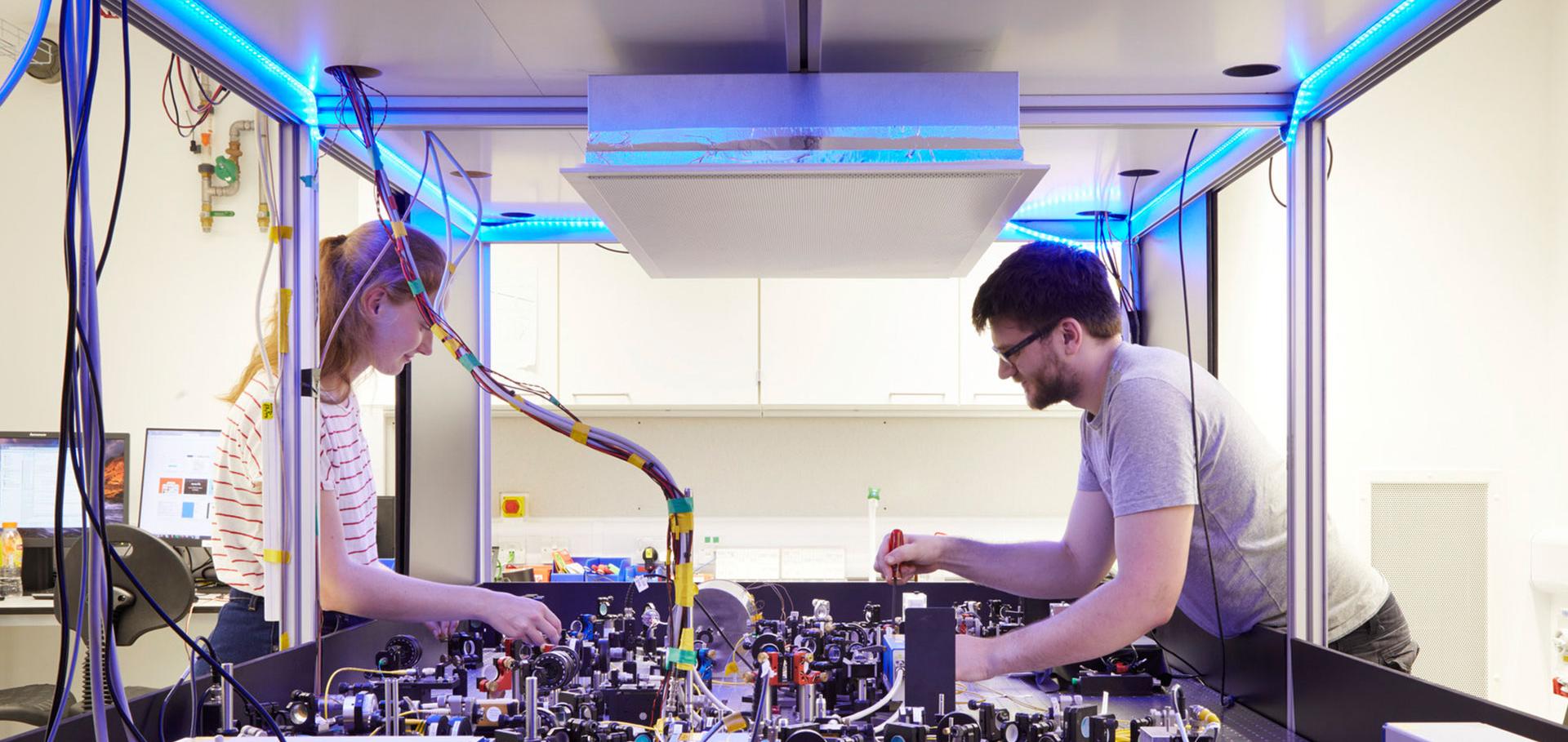Scale-estimation of quantum coherent energy transport in multiple-minima systems
(2014)
Work and quantum phase transitions: quantum latency.
Physical review. E, Statistical, nonlinear, and soft matter physics 89:6 (2014) 062103
Abstract:
We study the physics of quantum phase transitions from the perspective of nonequilibrium thermodynamics. For first-order quantum phase transitions, we find that the average work done per quench in crossing the critical point is discontinuous. This leads us to introduce the quantum latent work in analogy with the classical latent heat of first order classical phase transitions. For second order quantum phase transitions the irreversible work is closely related to the fidelity susceptibility for weak sudden quenches of the system Hamiltonian. We demonstrate our ideas with numerical simulations of first, second, and infinite order phase transitions in various spin chain models.Work and quantum phase transitions: Quantum latency
Physical Review E American Physical Society (APS) 89:6 (2014) 062103
Majorana transport in superconducting nanowire with Rashba and Dresselhaus spin-orbit couplings
(2014)


